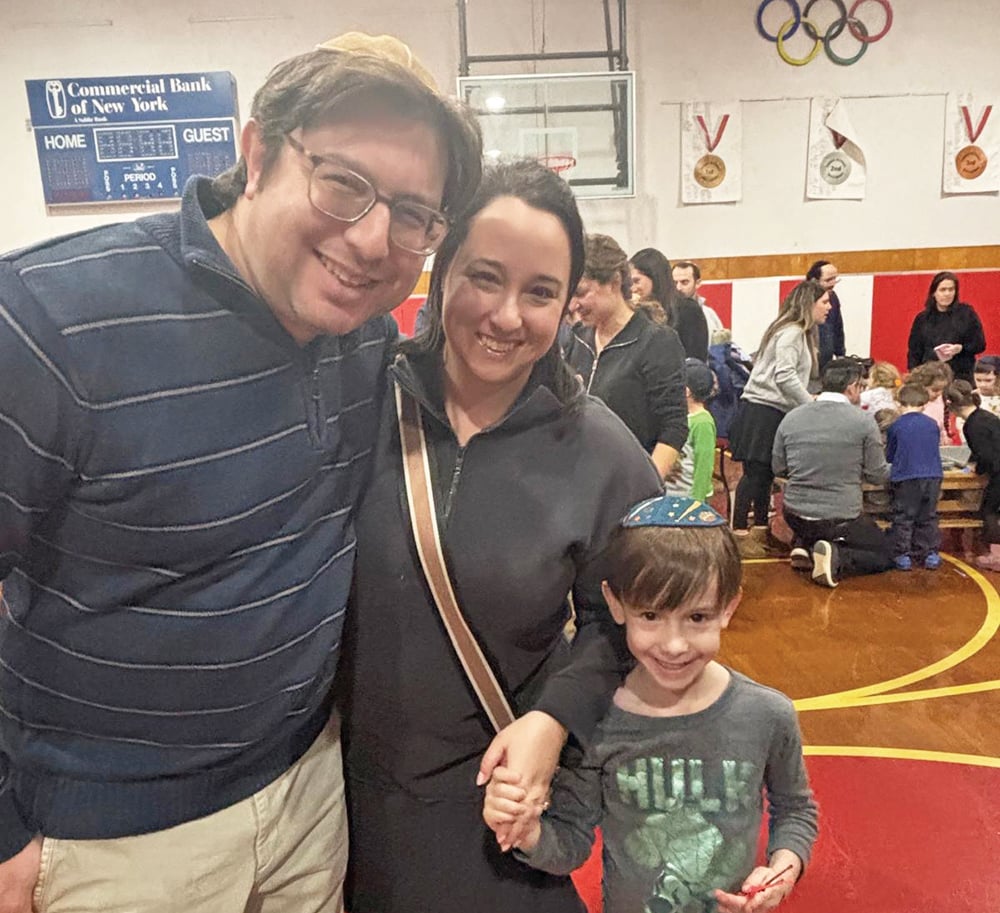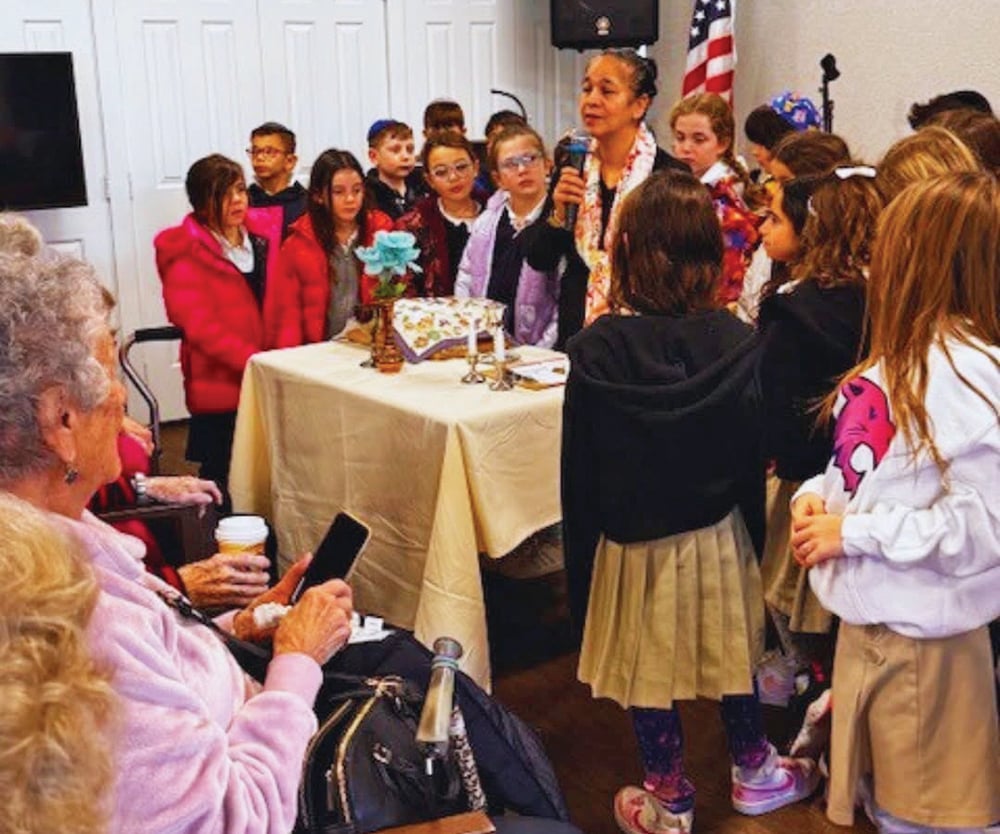Parshat Chayei Sarah
Generally, we read the haftarah of Machar Chodesh (Shmuel A 20) on every Shabbat Erev Rosh Chodesh, in which we learn of the struggles of the young, pre-crowned David. More than 40 years pass from that time when we read the events found in the opening perek of Melachim, the selection for this week’s haftarah. Here we read of the post-crowned David who has already served as king for 40 years. A national hero who defeated all of Israel’s enemies and secured her borders, he was, of course, also “ne’im zmirot Yisrael,” the sweet singer of Israel. And yet, what do we find 40 years after his succession to the throne of Israel? A seemingly broken man, too frail to warm himself and unaware of a simmering coup led by his own son and his former military chief of staff. It was a powerful attempt that threatened to remove David Hamelech from his throne.
A sad story for such a remarkable man.
And, yet, truthfully, we are not surprised. The story found in this haftarah is merely a continuation of the ongoing struggles and trials that David faced throughout his lifetime. He spends years away from his family while fleeing those who threatened his life. After successfully escaping the pursuit of Shaul, David suffers the loss of his king and of his closest friend, Yonatan. He is then challenged to prove his innocence of the murder of Shaul’s son, Ish Boshet, while trying to establish his reign over all of Israel. He is then threatened by the Philistine invasion of Judea, the tragedy that accompanied David’s attempt to relocate the Holy Ark to Yerushalayim and the subsequent weakening of his relationship with his wife Michal. David suffers the disappointment brought by Hashem’s refusal to allow him to build a Beit Mikdash and is challenged to defeat the surrounding nations that threatened Israel’s independence. Of course, he also suffers the loss of his infant son, punishment for his actions against Uriah, which is followed by the rape of his daughter Tamar by his son Amnon, and the vengeful murder of Amnon by David’s son Avshalom, and the rebellion of Avshalom that eventually led to Avshalom’s death, and so on and so forth. David faced more challenges, more rebellions and more opponents.
Indeed, struggles and trials.
And we rightfully ask the eternal question: “Why do the righteous suffer?” Why was David, Hashem’s chosen king and the progenitor of Israel’s eternal dynasty—why was he forced to face such challenges? Why did he have such a difficult life?
But can we not ask the same question regarding the life of Avraham that ended in this week’s parsha? Did he not go through 10 “nisyonot,” challenges? Was he not tested as well? A barren wife? The near death of his and Sarah’s only son? The wayward ways and eventual parting from his eldest son? Can we not ask the same question?
Certainly, we can.
But we would be wrong in doing so—because that is not the question we should be asking. Rav Soloveitchik often explained that when difficult times come upon us, the Jew should not ask “Why did Hashem do this to us” but, rather “What does Hashem want us to do?”
We all go through life and we are all challenged by it; some are challenged more, and some less. We were never guaranteed a life of ease in this world. Just as Joanne Greenberg (aka Hana Green) titled her 1964 book “I Never Promised You a Rose Garden,” so too, God never promised us a Garden of Eden.
Our challenge is to accept the difficulties and learn from them, recover from them and continue as better individuals from them.
As we, as individuals and as a community, struggle with a pandemic, we would do well to remember the words of Mishlei (24:16): “sheva yipol tzaddik..vakam,” the righteous might fall seven times but they recover and get up again!
And we would do well to remember the actions and lives of our past tzaddikim, Avraham and David, and how they reacted to their challenges: not why did God do this?” but “what does God want us to do?”
We must face the challenges Hashem puts before us, learn from them and rise up once more to do His bidding!
Rabbi Neil Winkler is the rabbi emeritus of the Young Israel Fort Lee and now lives in Israel.













